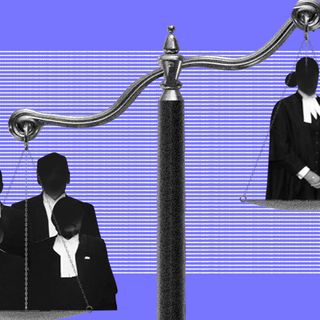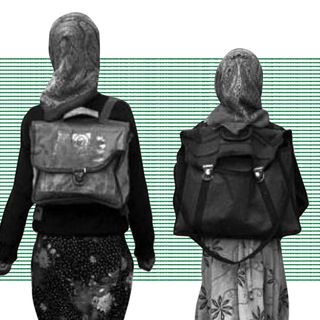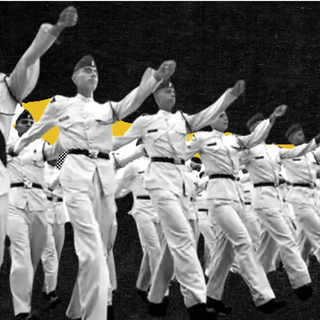Sri Lanka has announced plans to ban the wearing of burqas and shut down more than 1,000 Islamic schools known as madrassas, citing national security concerns. The decision adds to a series of national policies introduced over the last few years that curtail the minority Muslim population’s rights.
“The burqa has a direct impact on national security,” Sarath Weerasekara, Sri Lankan Minister of Public Security, said on Saturday. “In our early days, we had a lot of Muslim friends, but Muslim women and girls never wore the burqa. It is a sign of religious extremism that came about recently. We will definitely ban it.”
The announcement coincides with the second anniversary of the 2019 Sri Lankan Easter bombings, which killed more than 200 people. After the Islamic State claimed responsibility for the terrorist attack, the government prohibited women from wearing any face coverings, as authorities said it would hasten the process of identifying the attackers and their support networks. UN Human Rights Watch heavily condemned the move as a violation of dignity and personal rights.
Two years later, the government’s new policy has invited a similar response. “It’s part of the Islamophobic reaction in Sri Lanka,” Shreen Saroor, a Sri Lankan peace and women’s rights activist, tells Al Jazeera. “The compulsory cremation policy was revised, and now we hear so many other measures to some form of punishing the Muslim community.” Last year, the government had mandated that people who died of Covid19 should be cremated, which is against the tradition of Muslims, who bury their dead. The government had contended, without any medical evidence, that the Muslim burial traditions posed a health risk. The World Health Organization in its guidelines reiterated there was no medical justification for insisting on cremation. The mandatory cremation policy was lifted only after global outrage over the policy.
The move against the burqa comes “at a time when the Muslim community has been constantly targeted,” Saroor adds, stating that Muslims in the country were not consulted.
Related on The Swaddle:
In Swiss Referendum, 51.2% of Voters Supported Ban on Face Coverings, Including Burqa, in Public Places
The Sri Lankan government also plans to close more than 1,000 madrassas, saying they are not registered with the authorities and do not follow the national education policy. “Nobody can open a school and teach whatever you want to the children,” said Weerasekara. “It must be as per the government-laid down education policy.” Most unregistered schools teach “only the Arabic language and the Quran, so that is bad,” the Minister added.
Other local Muslim bodies have also expressed concern. “This is a racist agenda,” Hilmy Ahamed, vice-president of the Muslim Council of Sri Lanka, told Al Jazeera. Sri Lanka has witnessed several anti-Muslim riots over the years, with violence against Muslims a growing problem in the era since 2009, when the country’s civil war ended.
Buddhists make up the majority of the country’s population at about 75%, with Muslims making up about 9%. Ethnic minority Tamils, who are mainly Hindus, make up about 15%. “They [the government] are trying to convince the Buddhists that they are going after Muslims,” Ahamed says.
Others argue that the burqa ban infringes upon women’s rights and individual liberty under the guise of national security. It violates Muslim women’s right to practice their religion, critics note.
Last month, the United National Human Rights Council session considered a new resolution addressing human rights concerns in Sri Lanka, including how the country treats its minority Muslim population.
Weerasekara said he had signed a paper on Friday seeking the approval of the cabinet of ministers. The order now needs parliamentary approval, but officials say they expect the ban to be implemented soon.




